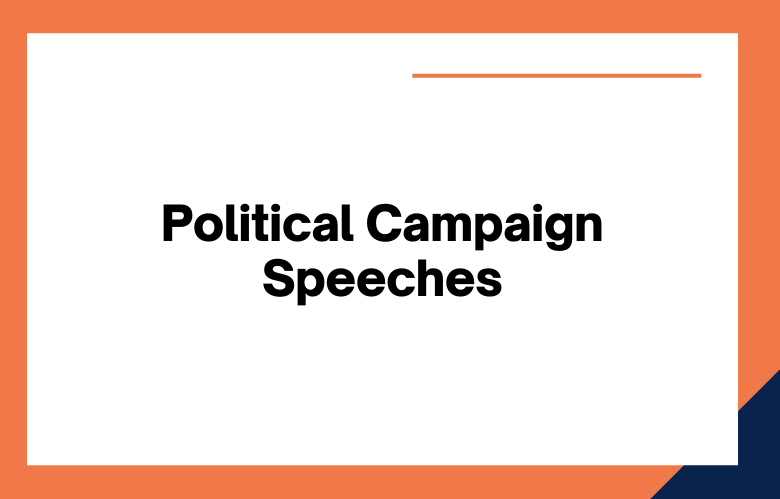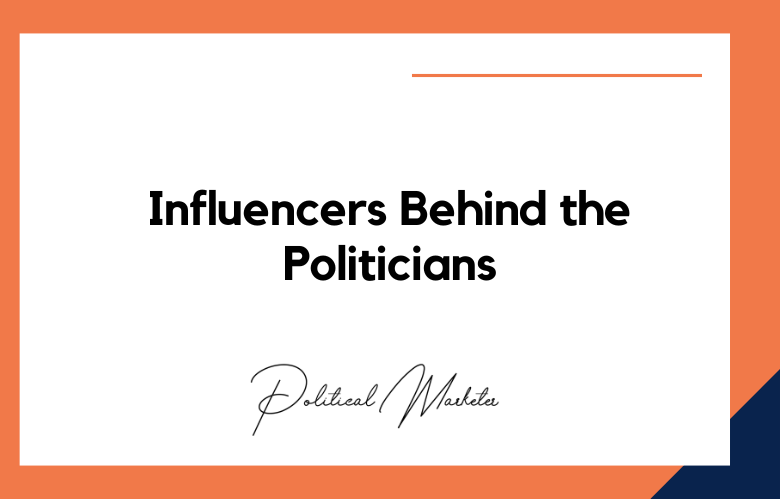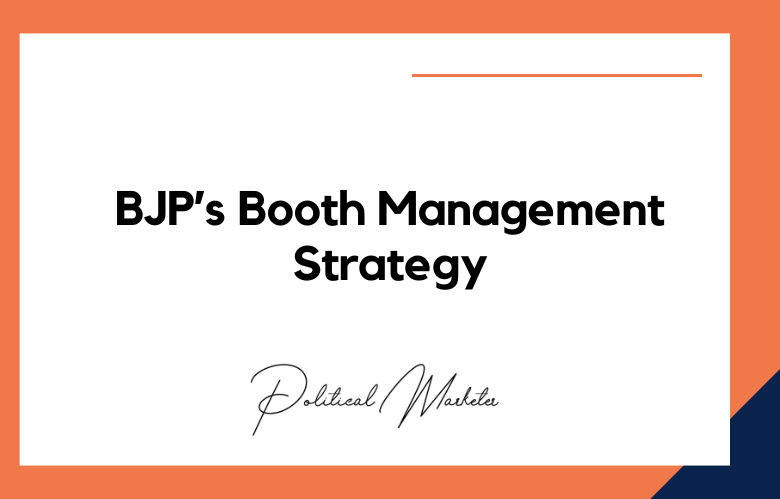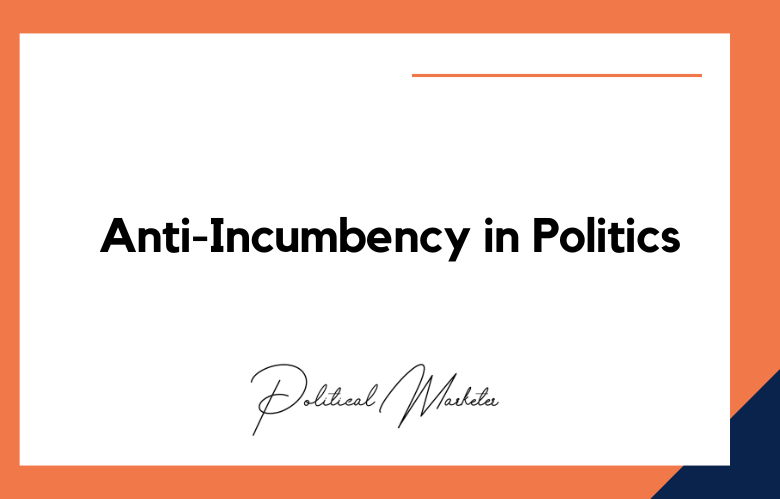Allusions are powerful rhetorical devices politicians use to connect with their audience. They are references to people, places, events, or stories.
They can capture an audience’s attention, make a point, or evoke an emotion. This article will examine how allusions are used in political speeches and why they are so effective.
What is an Allusion?
An allusion is an indirect reference made by a speaker to another person, place, or thing, either real or imaginary. An allusion can make a point without explicitly stating it.
For example, if someone says, “It’s raining cats and dogs out there!” that person could be referring to the current weather as bad without actually saying so.
Allusions can also be used to compare two seemingly different things. They can help influence how people think about specific political issues or policies.
What is the impact of allusions on political speeches?
Allusions are an essential tool for political speakers. They allow a speaker to tap into their audience’s collective consciousness and create a more powerful emotional connection between speaker and listener.
But what kind of impact do allusions have on political speeches? Let’s take a look.
What are Allusions?
An allusion is a brief reference to a person, place, event, or story familiar to the audience.
The power of an allusion lies in its ability to help the speaker connect with the audience on a deeper level than simply providing facts and figures would allow.
By invoking something already known by the audience—whether from history, literature, or film—the speaker can appeal to their emotions more quickly than if he had just presented them with cold, hard facts alone.
How Do Politicians Use Allusions?
Politicians often use allusions in their speeches to connect with their constituents.
For example, you’re running for office and want to discuss your commitment to public safety. You could recite statistics about crime rates in your city, but that might not have much impact on your listeners.
However, suppose you invoke an image of courageous firefighters putting out a burning building to illustrate your commitment to public safety. In that case, your words will likely resonate more deeply with your audience.
This is because you’ve taken something they already know—in this case, the image of firefighters battling fires—and used it to illustrate your point.
Moreover, politicians also use allusions to evoke a particular emotion from their audience.
The Power of Allusions:
Allusions are references to literary, historical, or cultural events that can evoke an emotional response from an audience.
The Impact on Political Speeches:
Allusions have become so commonplace in political speeches that some may dismiss them as unimportant or irrelevant.
However, research shows that allusions can significantly impact how audiences perceive speeches.
In one study, researchers at Stanford University asked participants whether they thought political speeches were more effective when they included allusions than when they did not.
The results showed that those participants who heard speeches with allusions rated them significantly higher than those who heard similar speeches without any allusive language.
The Appeal of Allusions:
Allusions can be used to evoke emotion in political speeches. By comparing one idea or person to another, politicians create a sense of nostalgia or familiarity with their audience.
This makes it easier for them to connect with the audience on a deeper level, as they use a language that people already understand and relate to.
They would instantly gain an emotional connection from the audience, which they could then use to further an argument or point.
Limitations of Allusions:
Despite the power of allusions, they come with some limitations that need to be considered when crafting a speech.
The most significant rule is that not everyone will understand the allusion and, therefore, won’t receive its intended meaning or message.
If an allusion needs to be clarified, the audience could misinterpret it, leading to confusion or even hostility toward the speaker’s point of view.
If an allusion is too obscure, it may fall flat with an audience who has yet to gain prior knowledge, undermining its effectiveness and taking away from other vital points in the speech.
Political Allusions and the Power of Language?
One of the most powerful tools for politicians is using allusions in their speeches.
Allusions are comparisons writers make between objects, people, or places to convey a deeper meaning. They can make an argument more vivid, create emotional appeal, and strengthen an idea.
Politicians rely on these techniques to get their points across and influence their audiences. Let’s explore how allusions help politicians achieve their goals.
Conclusion:
Allusions are powerful tools politicians can use to connect with their audiences emotionally and intellectually.
They can illustrate points or evoke certain feelings among listeners, making them highly effective ways for politicians to convince voters or rally supporters around particular causes or issues.
Allusions remain popular rhetorical devices today, especially among speakers who need to make complex topics easier for non-specialists to grasp and understand.
Therefore, it is essential for anyone wanting to understand grand-scale politics to fully appreciate how politicians use allusions to craft compelling narratives that serve their political agendas.
Call: +91 9848321284
Email: [email protected]











